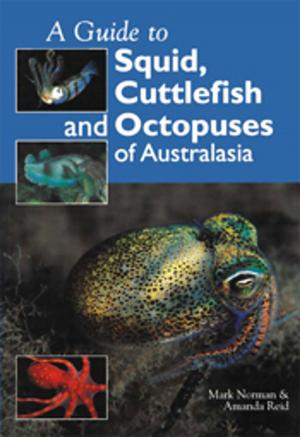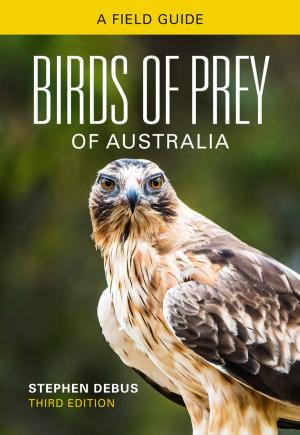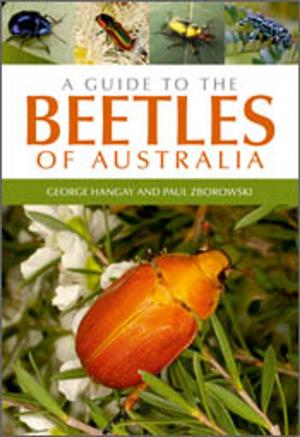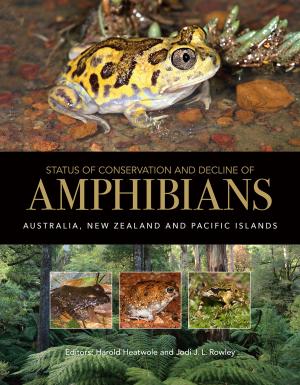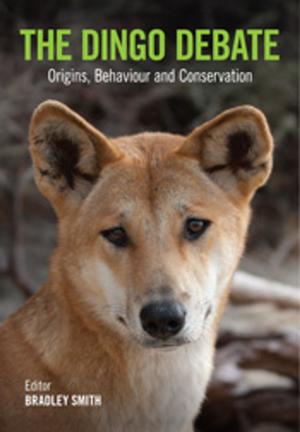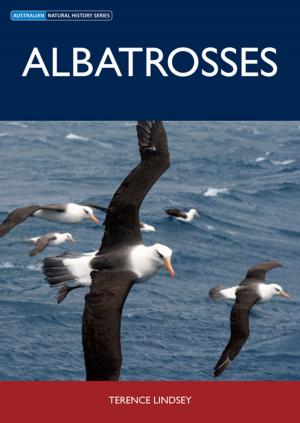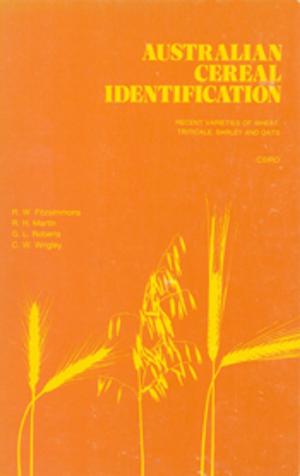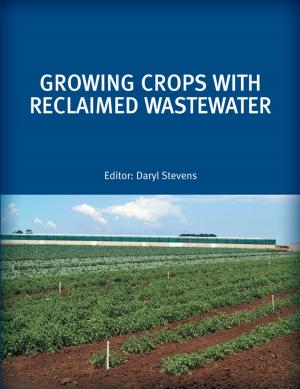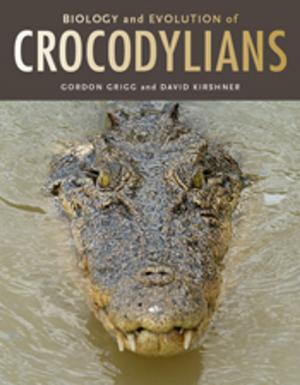| Author: | Brad Purcell | ISBN: | 9780643102088 |
| Publisher: | CSIRO PUBLISHING | Publication: | September 1, 2010 |
| Imprint: | CSIRO PUBLISHING | Language: | English |
| Author: | Brad Purcell |
| ISBN: | 9780643102088 |
| Publisher: | CSIRO PUBLISHING |
| Publication: | September 1, 2010 |
| Imprint: | CSIRO PUBLISHING |
| Language: | English |
Many present-day Australians see the dingo as a threat and a pest to human production systems. An alternative viewpoint, which is more in tune with Indigenous culture, allows others to see the dingo as a means to improve human civilisation. The dingo has thus become trapped between the status of pest animal and totemic creature. This book helps readers to recognise this dichotomy, as a deeper understanding of dingo behaviour is now possible through new technologies which have made it easier to monitor their daily lives. Recent research on genetic structure has indicated that dingo ‘purity’ may be a human construct and the genetic relatedness of wild dingo packs has been analysed for the first time. GPS telemetry and passive camera traps are new technologies that provide unique ways to monitor movements of dingoes, and analyses of their diet indicate that dietary shifts occur during the different biological seasons of dingoes, showing that they have a functional role in Australian landscapes. Dingo brings together more than 50 years of observations to provide a comprehensive portrayal of the life of a dingo. Throughout this book dingoes are compared with other hypercarnivores, such as wolves and African wild dogs, highlighting the similarities between dingoes and other large canid species around the world.
Many present-day Australians see the dingo as a threat and a pest to human production systems. An alternative viewpoint, which is more in tune with Indigenous culture, allows others to see the dingo as a means to improve human civilisation. The dingo has thus become trapped between the status of pest animal and totemic creature. This book helps readers to recognise this dichotomy, as a deeper understanding of dingo behaviour is now possible through new technologies which have made it easier to monitor their daily lives. Recent research on genetic structure has indicated that dingo ‘purity’ may be a human construct and the genetic relatedness of wild dingo packs has been analysed for the first time. GPS telemetry and passive camera traps are new technologies that provide unique ways to monitor movements of dingoes, and analyses of their diet indicate that dietary shifts occur during the different biological seasons of dingoes, showing that they have a functional role in Australian landscapes. Dingo brings together more than 50 years of observations to provide a comprehensive portrayal of the life of a dingo. Throughout this book dingoes are compared with other hypercarnivores, such as wolves and African wild dogs, highlighting the similarities between dingoes and other large canid species around the world.


